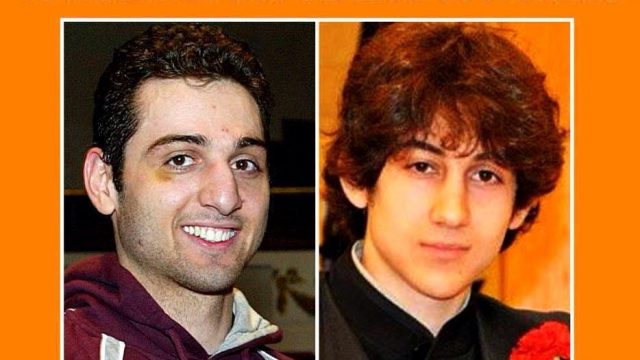NSA Whistleblower: We're Just Seeing The Tip Of The Ice Berg

According to the NSA whistleblower, we haven’t seen anything yet when it comes to the US government spying on its own citizens. What’s more, Bush administration claims that only communications between Americans and suspected terrorists abroad were being targeted is looking to be pretty bogus:
The National Security Agency’s collection of phone data from all of Verizon’s U.S. customers is just the “tip of the iceberg,” says a former NSA official who estimates the agency has data on as many as 20 trillion phone calls and emails by U.S. citizens.
William Binney, an award-winning mathematician and noted NSA whistleblower, says the collection dates back to when the super-secret agency began domestic surveillance after the Sept. 11 attacks.
“I believe they’ve been collecting data about all domestic calls since October 2001,” said Mr. Binney, who worked at NSA for more than 30 years. “That’s more than a billion calls a day.”
He called his figures “back of the envelope” estimates, adding that they include emails as well as telephone calls.
Mr. Binney, who left the agency in October 2001, said the data were collected under a highly classified NSA program code-named “Stellar Wind,” which was part of the warrantless domestic wiretapping effort — the Terrorist Surveillance Program — launched on orders from President George W. Bush.
The Terrorist Surveillance Program was revealed by The New York Times in 2005, but officials said it only monitored calls between Americans and suspected terrorists abroad. The Bush administration said it based the program’s legal authority on the president’s powers as commander-in-chief.
Meanwhile, in the Washington Post, Marc Thiessen tells us that we shouldn’t worry about the NSA program. “Big Brother isn’t watching you,” a statement he supports by suggesting that the NSA is only building a “field of dots” with this data so that, when hunting a terrorist, they can connect some of them:
Why does the NSA need to collect all that data? One former national security official explained it to me this way: If you want to connect the dots and stop the next attack, you need to have a “field of dots.” That is what the NSA is collecting. But it doesn’t dip into that field unless it comes up with a new “dot” — for example, a new terrorist phone number found on a cellphone captured in a raid. It will then plug that new “dot” into the “field of dots” to find out which dots are connected to the new number. If you are not communicating with that terrorist, your dot is not touched. But the NSA needs to have the entire field of dots so it can unravel the network connected to that terrorist.
Thiessen goes on to make the usual comments about letting the terrorists win if we don’t stoop to these sort of tactics. But is that really our choice? Either we let the government accumulate trillions of records about, apparently, every phone call we make and email we send, or the terrorists win?
That sounds suspiciously like calling for a ban on cars to stop car accidents. I just don’t see how it’s practical.
Thiessen’s assurance that the government is only dipping into the “dots” when they need to find a terrorist is cold comfort as we learn more and more about the political abuses at the IRS, an agency entrusted with the financial information of every working American.
And how do we know this stuff works? Didn’t we just learn from the Tsarnaev brothers that this stuff apparently doesn’t work after they were able to live in America fairly openly as Muslim extremists communicating with other extremists internationally right up until they bombed a major American sporting event?







